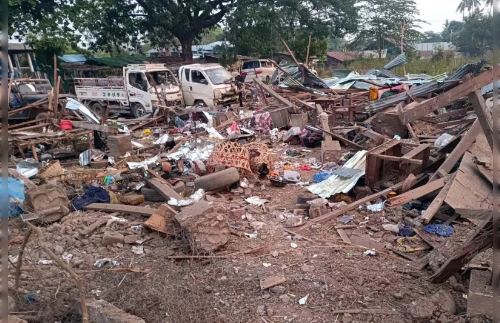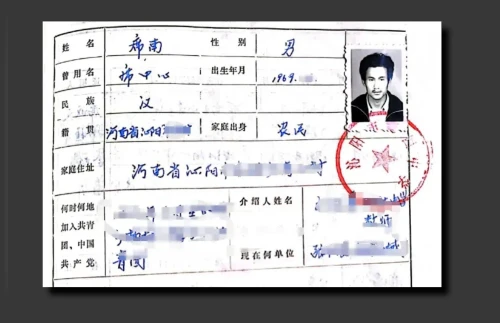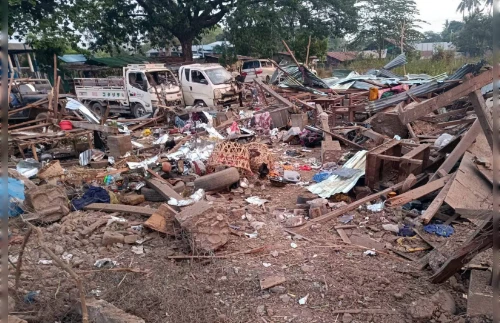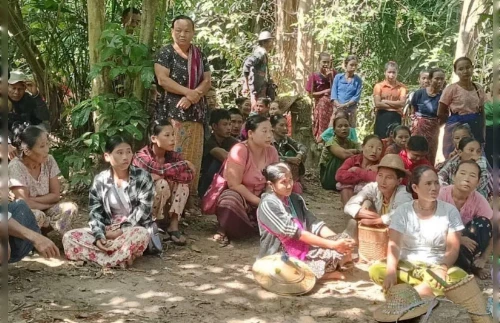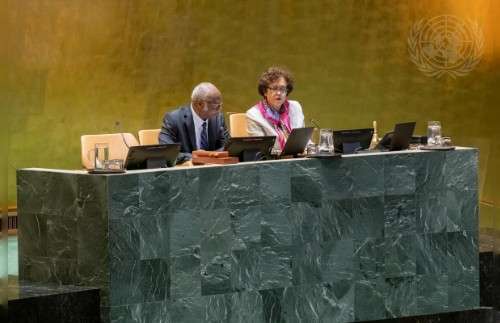Children under five are living on just 5 US cents a day, aid groups said.
By RFA Burmese
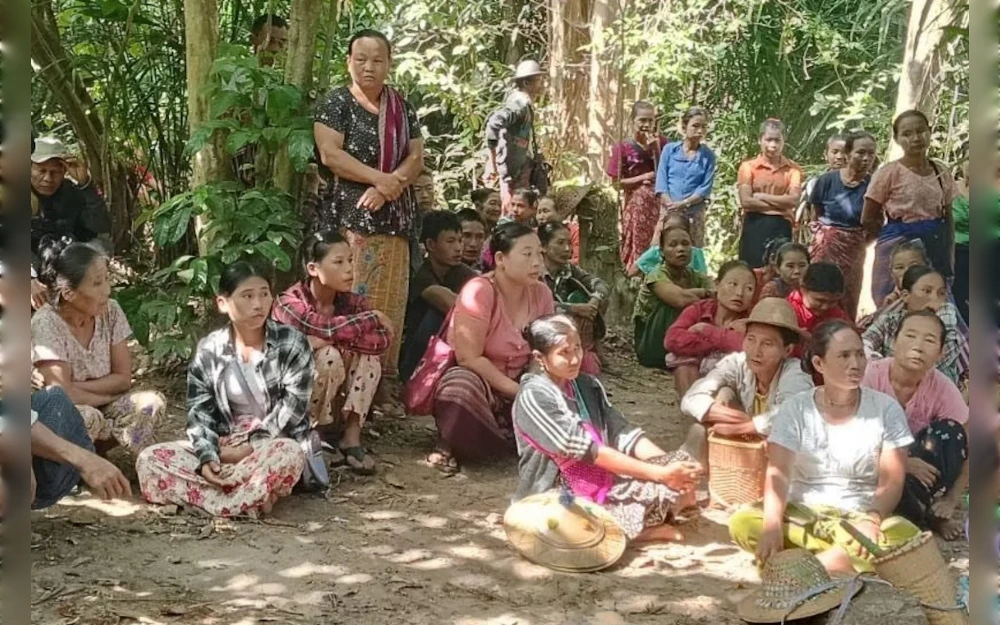
Myanmar residents forced to flee their homes for camps across the border in Thailand are facing growing hardship amid cuts to international aid, with more than 108,000 people now struggling to access stable food supplies, civil society organizations told Radio Free Asia on Wednesday.
Predominantly ethnic Karen from eastern Myanmar’s Kayin state, facing brutal village burnings and airstrikes by the junta, have fled en masse to camps in Thailand, where many have lived for years seeking refugee status with no access to jobs or legal documents.
The difficult life of residents in the camps escalated when the U.S. government slashed the budget of the U.S. Agency for International Development, or USAID.
The United States, through USAID, has been the largest donor, contributing about 69% of the camps’ funding as of early 2025. This significant support facilitated essential services including healthcare, food distribution, and sanitation, often implemented by NGOs like the International Rescue Committee and The Border Consortium, according to the Organization for World Peace.
“Because aid donations have continued not to arrive, the refugees’ situations will become worse than before, because they have no documents,” said Karen Peace Support Network spokesperson Cherry, who only gave one name.
“They have no permission to come and go from the camp without identification, passport or Thai citizenship documents, they have a lot of difficulty in searching for jobs.”
Children five years old and under have had their food budget slashed to just five U.S. cents per day, while those over five will receive eight cents a day in allocated food, according to a statement co-published by 20 Karen groups on Wednesday, adding that over one million people in Kayin state and neighboring areas alone are affected by aid cuts.
“Even before these drastic reductions, food provisions were already below the minimum required for survival,” the groups said in their statement, attributing it to not only U.S. budget cuts, but steadily declining international support for displaced Karen.
“These aid reductions could not come at a worse time. The Burmese military continues to target homes, schools, plantations, religious sites and medical centers with airstrikes and artillery.”
The groups called for a reversal of long-term aid cuts for Myanmar residents of Thailand, existing donors to increase their funding, for Bangkok to grant them the right to work and for the country to lift restrictions on cross-border aid delivery to areas not controlled by the Myanmar military.
While USAID was the primary donor, other countries such as Australia also contributed to funding the camps, though to a lesser extent.
Following the dissolution of much of USAID’s programming in Myanmar and Thailand, civil society organizations dependent on their funding have been forced to reduce programming and lay off staff, while others have sounded alarms about the potential rise in HIV, tuberculosis, malaria and vaccine-preventable diseases.
Despite a ceasefire extended to May 31 by the military junta that seized power in a 2021 coup, airstrikes have continued, killing over 200 people and displacing tens of thousands. The ceasefire was declared following the March 28 earthquake that claimed the lives of over 3,700 people in Myanmar.
Translated by Kiana Duncan. Edited by Mike Firn and Taejun Kang.
“Copyright © 1998-2023, RFA.
Used with the permission of Radio Free Asia,
2025 M St. NW, Suite 300, Washington, D.C. 20036.
https://www.rfa.org.”





